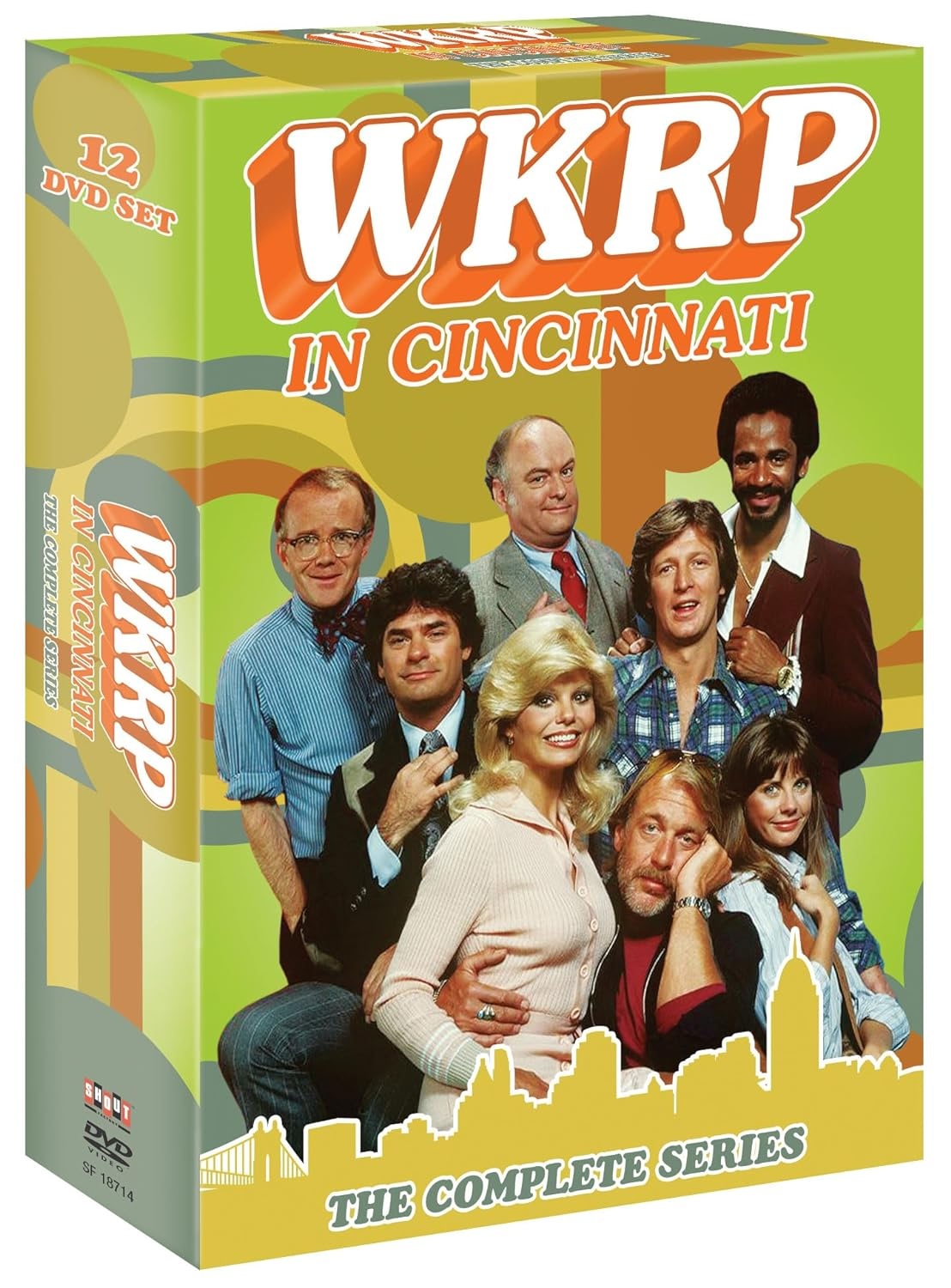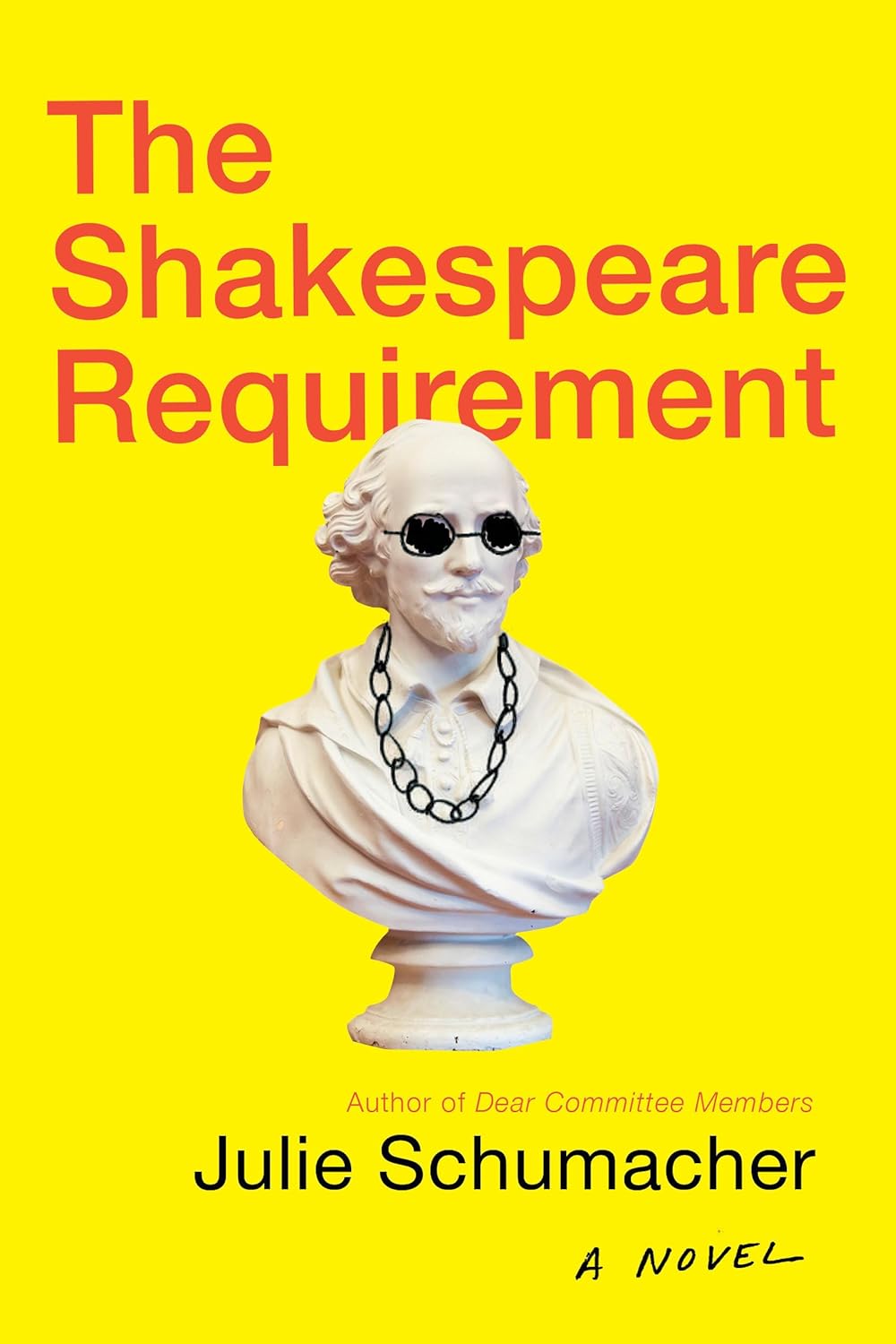 James, P. D. Sleep No More: Six Murderous Tales. New York: Knopf, 2017.
James, P. D. Sleep No More: Six Murderous Tales. New York: Knopf, 2017.Apart from the title, there's not a lot of direct Shakespeare in Sleep No More, P. D. James' collection of short mysteries, but there is one story that I think provides an interesting take on Macbeth.
To tell you about it, I have to provide so many spoilers that you'll know most of the story.
In short, spoiler alert!
If you don't want to know what happens in the short story "The Victim," pause this blog until you get a chance to read it. Don't worry—this post will be waiting for you when you get back.
Everyone caught up (or at a point where they don't mind spoilers)? Good.
The narrator of "The Victim" is the first husband of a now-famous film star / socialite. She left him for her second husband, the man the narrator later kills. For months beforehand, he sends threatening notes to the second husband.
When the police try to figure out who did it, we learn that the socialite has an alibi—she was at a performance of Macbeth at the time of the murder—and the first husband manages to get away without leaving any evidence. The police are suspicious of him, but they are unable to pin anything on him. It's an unsolved case.
Three months later, the widow comes to visit her first husband. That's where there's a possibility of a Macbeth connection. She had received all the threatening letters, knew who they were from, and kept them to herself. She desired his death so that she could be free of him and so that she could inherit his wealth.
It turns out that she was emulating Lady Macbeth (after a fashion) all the time!
It might be a stretch, but I think there's something in it. Let me give you the last few pages of the story so you can decide for yourself:
















